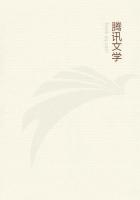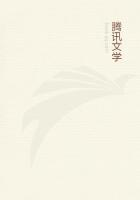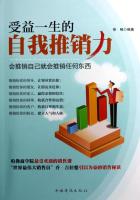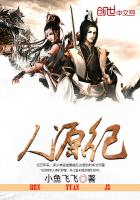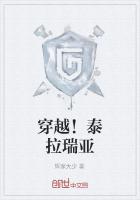But Diomed stayed where he was, thinking what other daring deed he might accomplish. He was doubting whether to take the chariot in which the king's armour was lying, and draw it out by the pole, or to lift the armour out and carry it off; or whether again, he should not kill some more Thracians. While he was thus hesitating Minerva came up to him and said, "Get back, Diomed, to the ships or you may be driven thither, should some other god rouse the Trojans."Diomed knew that it was the goddess, and at once sprang upon the horses. Ulysses beat them with his bow and they flew onward to the ships of the Achaeans.
But Apollo kept no blind look-out when he saw Minerva with the son of Tydeus. He was angry with her, and coming to the host of the Trojans he roused Hippocoon, a counsellor of the Thracians and a noble kinsman of Rhesus. He started up out of his sleep and saw that the horses were no longer in their place, and that the men were gasping in their death-agony; on this he groaned aloud, and called upon his friend by name. Then the whole Trojan camp was in an uproar as the people kept hurrying together, and they marvelled at the deeds of the heroes who had now got away towards the ships.
When they reached the place where they had killed Hector's scout, Ulysses stayed his horses, and the son of Tydeus, leaping to the ground, placed the blood-stained spoils in the hands of Ulysses and remounted: then he lashed the horses onwards, and they flew forward nothing loth towards the ships as though of their own free will.
Nestor was first to hear the tramp of their feet. "My friends," said he, "princes and counsellors of the Argives, shall I guess right or wrong?- but I must say what I think: there is a sound in my ears as of the tramp of horses. I hope it may Diomed and Ulysses driving in horses from the Trojans, but I much fear that the bravest of the Argives may have come to some harm at their hands."He had hardly done speaking when the two men came in and dismounted, whereon the others shook hands right gladly with them and congratulated them. Nestor knight of Gerene was first to question them. "Tell me," said he, "renowned Ulysses, how did you two come by these horses? Did you steal in among the Trojan forces, or did some god meet you and give them to you? They are like sunbeams. I am well conversant with the Trojans, for old warrior though I am I never hold back by the ships, but I never yet saw or heard of such horses as these are. Surely some god must have met you and given them to you, for you are both of dear to Jove, and to Jove's daughter Minerva."And Ulysses answered, "Nestor son of Neleus, honour to the Achaean name, heaven, if it so will, can give us even better horses than these, for the gods are far mightier than we are. These horses, however, about which you ask me, are freshly come from Thrace.
Diomed killed their king with the twelve bravest of his companions.
Hard by the ships we took a thirteenth man- a scout whom Hector and the other Trojans had sent as a spy upon our ships."He laughed as he spoke and drove the horses over the ditch, while the other Achaeans followed him gladly. When they reached the strongly built quarters of the son of Tydeus, they tied the horses with thongs of leather to the manger, where the steeds of Diomed stood eating their sweet corn, but Ulysses hung the blood-stained spoils of Dolon at the stern of his ship, that they might prepare a sacred offering to Minerva. As for themselves, they went into the sea and washed the sweat from their bodies, and from their necks and thighs.
When the sea-water had taken all the sweat from off them, and had refreshed them, they went into the baths and washed themselves.
After they had so done and had anointed themselves with oil, they sat down to table, and drawing from a full mixing-bowl, made a drink-offering of wine to Minerva.

